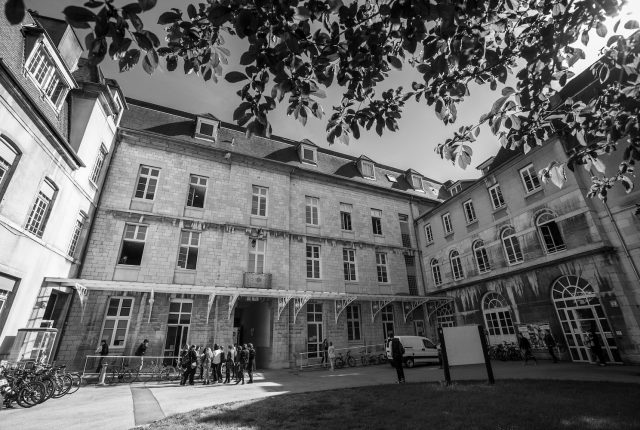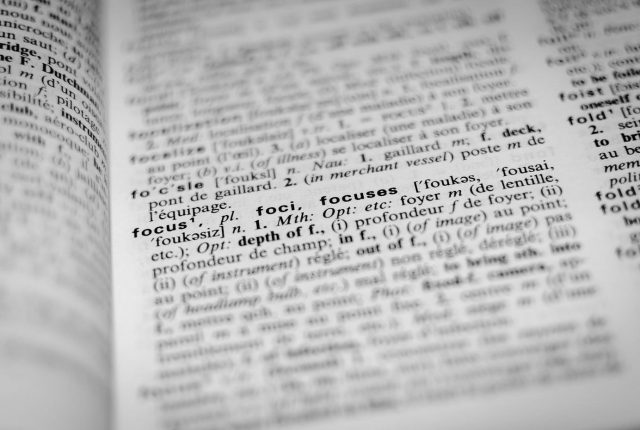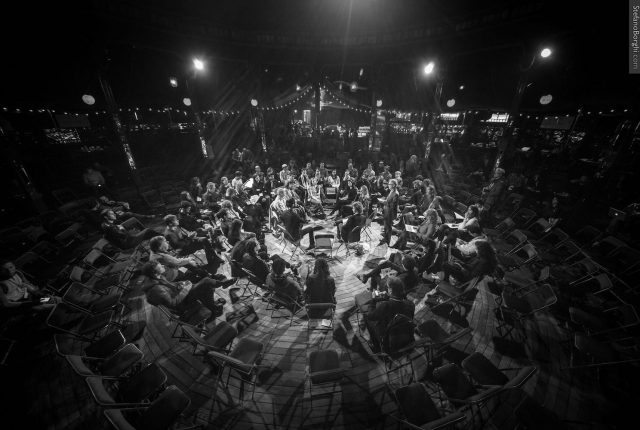
Types and functions of memory. How to use memory to learn languages
You have probably experienced a situation where someone asked you something, and you totally couldn’t remember what it was about. Or you wanted to say something in English, and the…

Regular verbs in Dutch and their conjugation in all tenses. Tables and lots of examples.
Regular verbs are the majority of the verbs in Dutch. The follow conjugation patterns and rules. To conjugate them, we first have to find the stem in the verb and…

How to conjugate irregular verbs in Dutch. Theory, tables and lots of examples.
Irregularity in verbs was originally the norm. This means that verb forms were ‘regular’ when they were irregular. This is how languages evolved – largely through random processes, acting in…

3 necessary skills to communicate in a foreign language
Think of mastering a foreign language like preparing for a marathon. Sure, crossing the finish line requires speed, but what really goes into achieving that burst of speed on the…

Distance Learning in Language Education
Distance learning has revolutionized education, allowing learners to study without the constraints of time and place. This article explores the evolution, current state, and challenges of distance language education, providing…

Zaburzenia językowe
Zaburzenia językowe mogą wynikać z różnych przyczyn, w tym czynników genetycznych, dysfunkcji mózgu i kwestii rozwojowych. Zaburzenia te mogą wpływać na umiejętności komunikacyjne, które mogą wynikać z wyzwań sensorycznych, motorycznych,…

Discourse Analysis in Language Learning
Language is not merely a collection of words and sentences but a complex system of communication deeply intertwined with social, cultural, and historical contexts. Discourse analysis is a tool that…

Didactique des langues: Language Teaching Methodology
Understanding how languages are taught involves exploring the history, terminology, and various approaches used in language education. This article delves into the evolution of language teaching methods, particularly focusing on…



